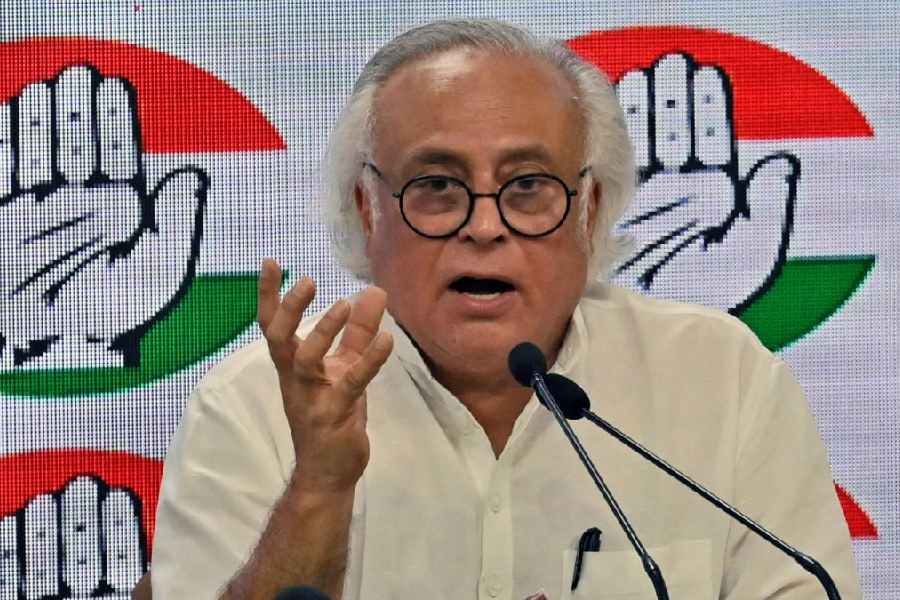The Congress on Wednesday questioned the Competition Commission of India over its approval of all acquisitions by the Adani Group, asking why such institutions "remained passive" as the conglomerate built "monopolies" in critical infrastructure sectors, raising prices at consumers' expense.
Congress general secretary in-charge communications Jairam Ramesh said the Competition Commission of India (CCI) has reportedly raised concerns that the proposed Reliance-Disney merger could stifle competition.
"It is a good time to reflect on how the CCI should have also had the courage to address how the non-biological PM's other favourite business conglomerate is acquiring companies and reducing competition across various industries," he said in a post on X.
"The CCI is legally required to approve mergers and acquisitions that exceed a certain threshold. Yet, all acquisitions by the Adani Group have been approved, even as the company builds monopolies in sectors like ports, airports, power, and cement -- industries at high risk of market failure and anti-competitive practices -- often through threats and intimidation that have the backing of the powers-that-be," he alleged.
In recent years, the CCI has not hesitated to impose penalties on both domestic and global firms for alleged abuse of dominance, Ramesh said.
"Yet, a five-fold increase in User Development Fees (UDF) paid by passengers at Lucknow and Mangalore airports has been allowed by the Union government. These airports were among the six awarded to Adani after rules were altered to favour the company, despite objections from the NITI Aayog and the Ministry of Finance," he said.
Similarly, electricity prices in states like Haryana, Jharkhand, and Gujarat have risen sharply thanks to the Adani conglomerate's policies and actions, Ramesh claimed.
"Why do India's regulatory institutions, including SEBI, disappear when transactions involve the non-biological Prime Minister's closest friend? Why have these typically proactive institutions remained passive as this friend has built monopolies in critical infrastructure sectors, raising prices at the expense of consumers?" Ramesh asked.
The Congress has been attacking the government for allegedly creating monopolies in various sectors to benefit the Adani Group.
The opposition party has also stepped up its attack on the government after Hindenburg Research launched a fresh broadside against market regulator SEBI chairperson Madhabi Buch, alleging she and her husband had stakes in obscure offshore funds used in the Adani money siphoning scandal.
SEBI Chairman Buch and her husband have denied the allegations levelled against them as baseless and asserted that their finances are an open book.
The Adani Group has also termed Hindenburg Research's latest allegations as malicious and manipulative of select public information, saying it has no commercial relationship with the SEBI chairperson or her husband.
Except for the headline, this story has not been edited by The Telegraph Online staff and has been published from a syndicated feed.










